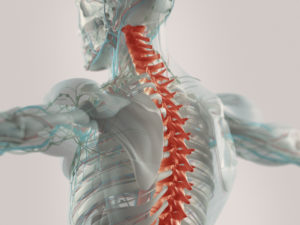There has been a significant amount of talk over the last several years about how to solve the childhood obesity epidemic in our country. Without a doubt, this important children’s health issue needs to be addressed. But in our all our discussion of better diet and more exercise, we need to be cautious of this risks of these messages: causing eating disorders. CNN recently reported that over the last couple of decades in the United States, the prevalence of eating disorders in children has been on the rise. An over-emphasis on everything that goes into our children’s mouths could be a contributing factor.
According to a study from the Agency for Healthcare Research and Quality, hospitalizations for eating disorders in children under 12 years old increased by 119% between 1999 and 2006. Experts in the field indicate that those rates haven’t improved in the last few years. Physicians and psychologists who work with children who suffer from eating disorders suggest that all of the talk about obesity and healthy food habits create a lot of anxiety for kids when it comes to eating. Food-related obsessions develop, and eating disorders follow.
Successful treatment of an eating disorder involves early intervention—the longer it is allowed to go on, the more solidified the negative eating habits become. All too often, however, parents don’t really realize what’s going on until the child has already lost a significant amount of weight. Other symptoms include low energy, hair loss and low iron counts. Many children with eating disorders share similar traits such as high anxiety, perfectionism and obsessive-compulsive tendencies. Often, there are also external factors that contribute to their eating disorder as well, such as bullying, abuse or divorce. An eating disorder is likely symptomatic of deeper psychological issues.
Parents may feel as though they are stuck between a rock and a hard place when encouraging childhood nutrition and good eating habits. Too little emphasis leads to obesity and too much might contribute to an eating disorder. The focus, according to the experts, shouldn’t be about dieting or weight loss, but should revolve around getting more active as a family or in extra-curricular activities, and providing healthier food options.
About the Editors: The Shapiro, Lewis & Appleton personal injury law firm, whose attorneys work out of offices in Virginia (VA) and North Carolina (NC), edits the injury law blogs Virginia Beach Injuryboard, Norfolk Injuryboard, Eastern Shore Injuryboard, and Northeast North Carolina Injuryboard as a pro bono service.









Comments for this article are closed.